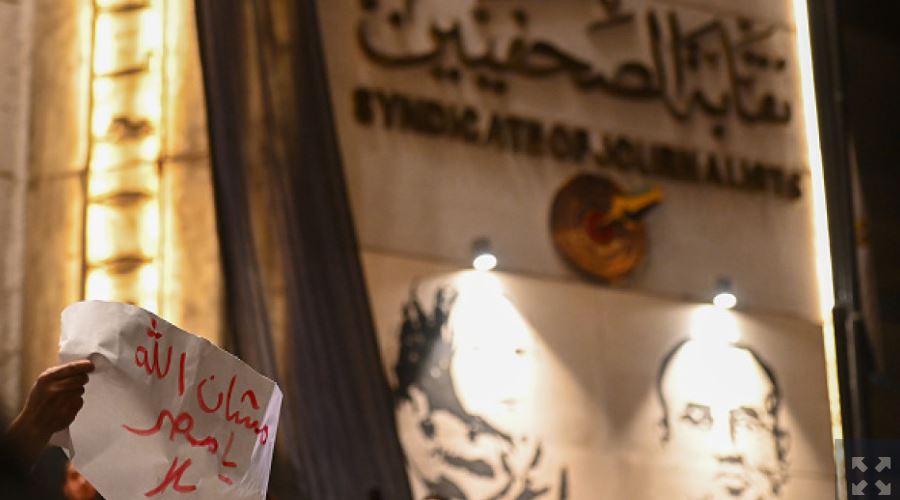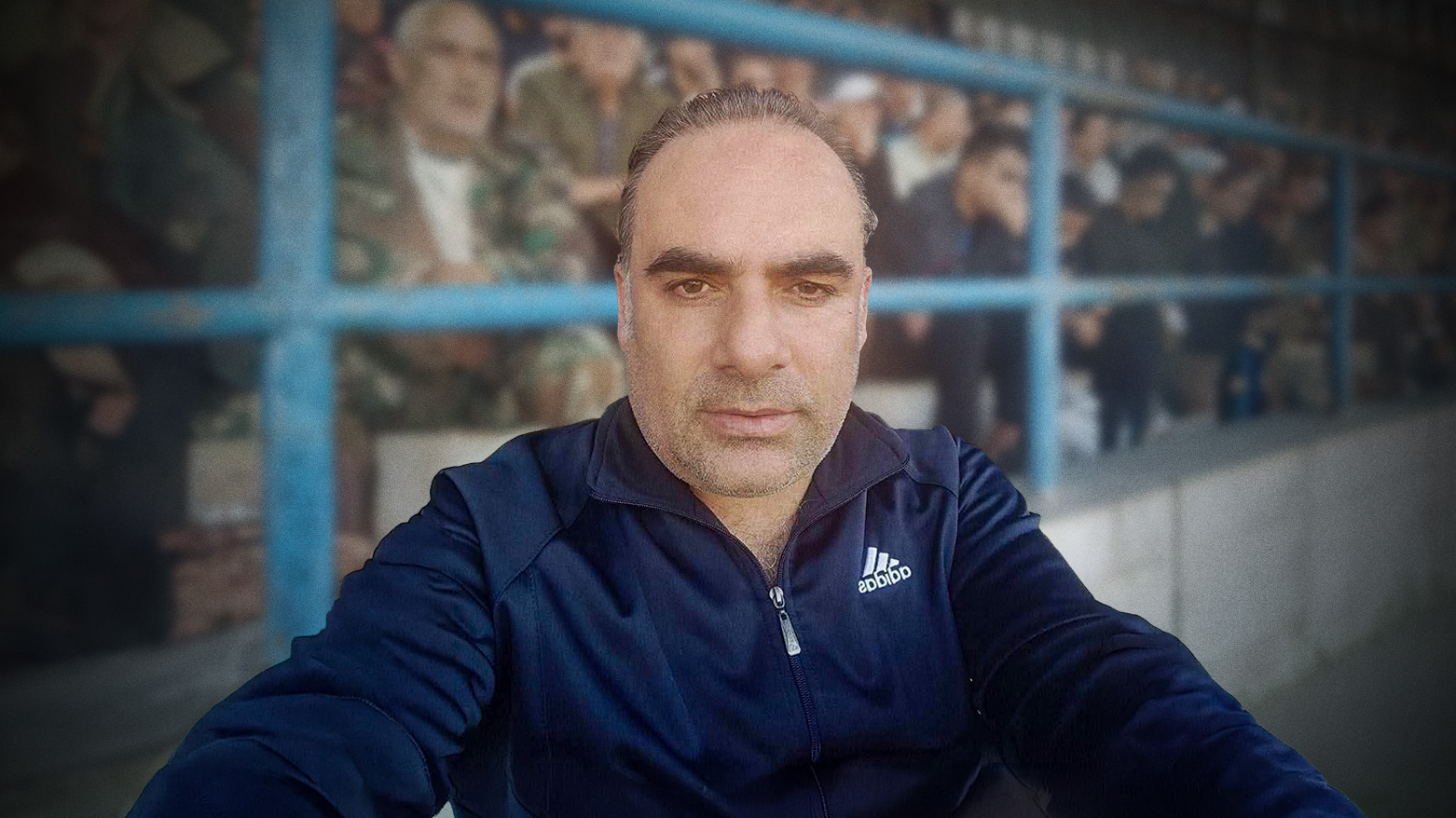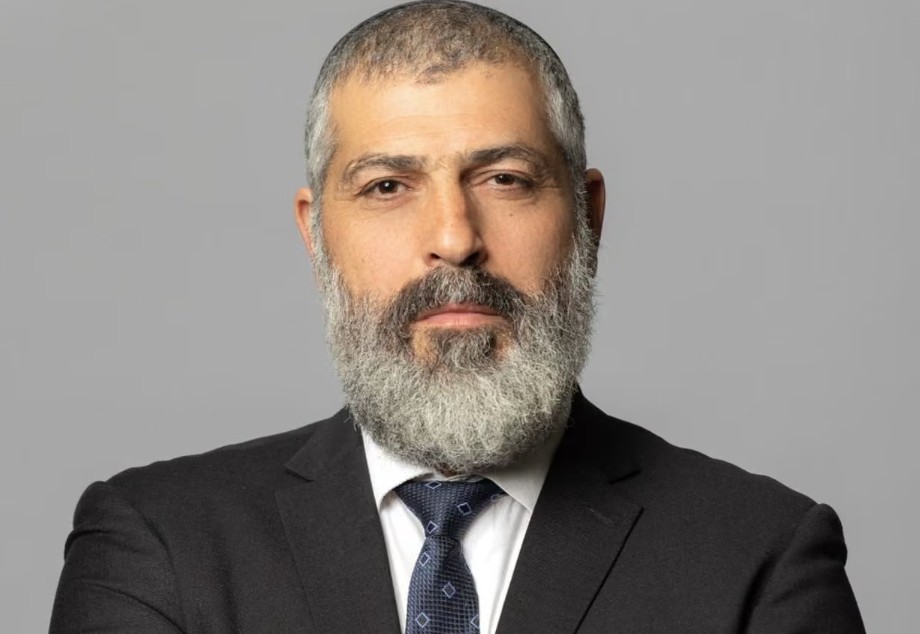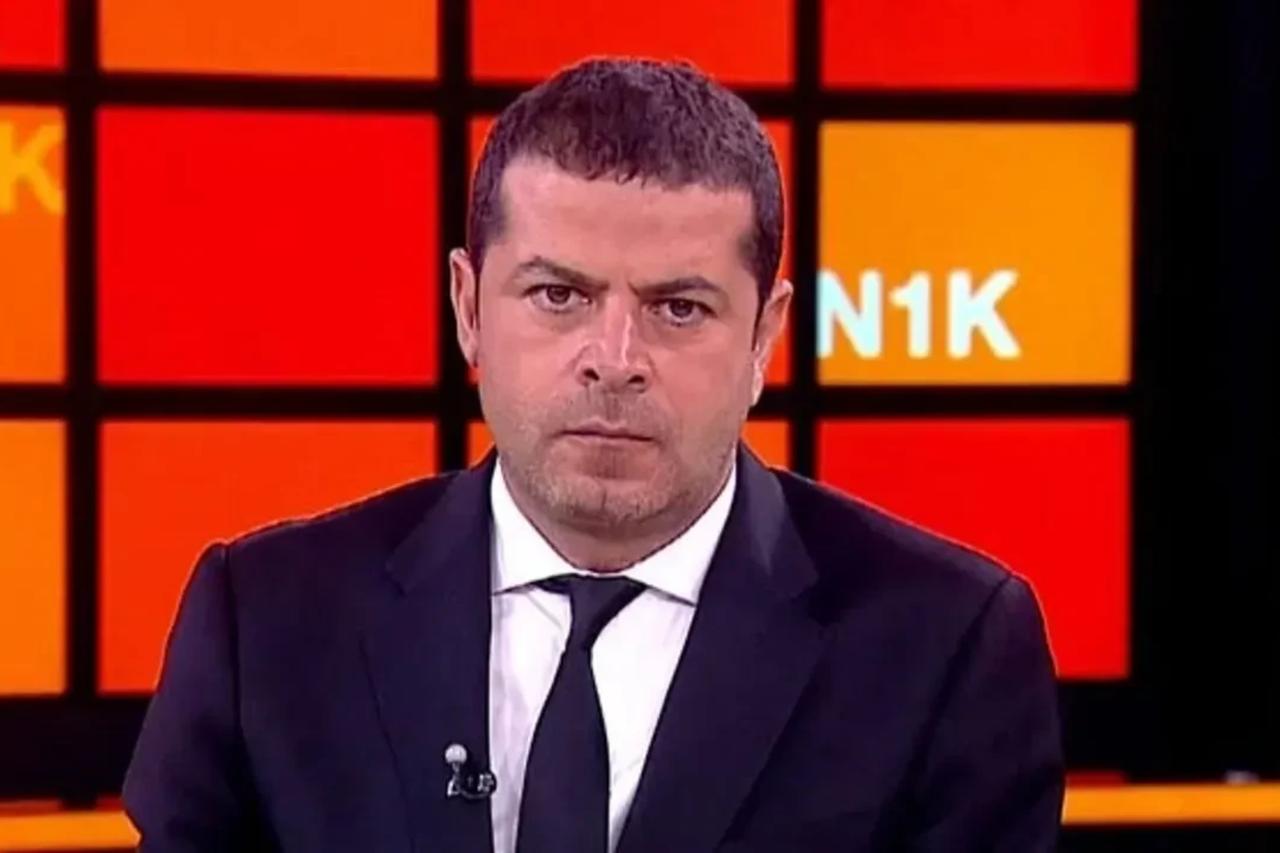
Syrian Journalists Trapped Between Repression and Deportation in Türkiye
November 12, 2024
Sakina Mansour: Lebanese Journalist Killed Alongside Family in Israeli Strike
November 13, 2024November 12, 2024 – Egypt –
In a striking escalation of Egypt’s repression of press freedom, a Cairo criminal court has sentenced a journalist to life imprisonment in absentia, despite the journalist reportedly being in government custody at the time of the ruling. The sentence was issued without the journalist being allowed to appear in court or defend himself—an act widely denounced by human rights groups and legal experts as illegal under both Egyptian and international law.
The identity of the journalist has not been publicly disclosed, likely due to safety concerns, but media watchdogs have confirmed that the case is emblematic of Egypt’s deteriorating press environment. Rights advocates argue that this form of judicial abuse not only violates due process but is part of a broader strategy by Egyptian authorities to intimidate and silence dissenting voices.
According to the International Federation of Journalists (IFJ), at least 22 journalists are currently imprisoned in Egypt, many without trial or formal charges. These include both local reporters and international correspondents who have covered sensitive issues such as corruption, political opposition, and state violence. In many cases, journalists are detained under vague accusations such as “spreading false news,” “joining a banned group,” or “inciting unrest.”
The New Arab reports that this latest sentencing adds to a long-standing pattern of authoritarian misuse of the legal system. Courts in Egypt have increasingly handed down heavy penalties—including death sentences and life imprisonment—against individuals involved in independent journalism or peaceful activism. These trials often occur without basic legal guarantees, including access to lawyers or public hearings.
International bodies have raised an alarm. The United Nations and multiple rights organizations have previously called on Egypt to uphold freedom of expression and ensure that journalists are not treated as enemies of the state. Despite these appeals, the government continues to use legal frameworks to target the press under the guise of national security.
This sentencing is a chilling reminder of the dangers journalists face in Egypt, where the judiciary has become a tool for repression. Press freedom groups are urging Egypt to reverse the verdict, release all unjustly detained journalists, and cease weaponizing the courts to punish truth-telling.
The syndicate, meanwhile, vowed to appeal the verdict before a higher court.
Abu Al-Ela, also a syndicate member, had been detained on 10 March and reportedly taken to an undisclosed location where he was kept for 50 days, rights reports said.
After he appeared before the investigative authorities, Abu Al-Ela told a state security prosecutor who interrogated him that he had been subjected to physical and emotional violations, allegedly, at the hands of state security police, but his complaints were officially undocumented, the reports added.
It remains unclear whether he had been informed beforehand of the trial, or how many trial sessions were held. The New Arab could not reach a member of his defence team for comment.
As the case with most of detained and regime critics over the past decade, Abu Al-Ela has been faced with the charges of “being involved in a terrorist group, disseminating false news, and misusing social media tools.”
No further details were available on his situation, but Abu Al-Ela is believed to have no political affiliations that conflict with the current regime.
Separately, also on Sunday, satirical cartoonist Ashraf Omar‘s pre-trial detention was renewed for another 15 days via video conference, pending further investigations into similar accusations.
According to his lawyers, who were present during the session, Omar was not allowed to make a statement as his microphone was set to mute.
“It is the ninth renewal. What are they expecting?” Omar’s wife, Nada Mougheeth, rhetorically asked in a post on her Facebook page two days later.
Last Monday, the detention of former Saudi MBC Group senior journalist Khaled Mamdouh was renewed for 15 days.
Unexpectedly, Mamdouh was permitted to speak to the prosecutor during the renewal session, “demanding to be faced with actual accusations as he complained about poor imprisonment and [alleged] mistreatment by the prison administration,” read a newsletter released on Sunday by Association for Freedom of Thought and Expression, a local high-profile rights group.
Both Mamdouh and Omar were taken from their homes in the capital, Cairo, in separate night raids in July to unknown destinations. They appeared days later at station security prosecution offices.
The two men have been facing a list of charges has by now become familiar to almost every activist and journalist in the country.
Known for refraining from politics before the January 2011 Revolution erupted, Mamdouh had not covered Egyptian affairs for long years before his detention. The reasons behind indictment remain a mystery to the media community.
The cartoonist’s arrest, however, is believed to have been triggered by his criticism of the government via his creative cartoons published in independent news outlets. These cartoons included the sale of state assets to wealthy Gulf nations as a temporarily easy solution to the country’s economic crisis and shortage of foreign currency.
In one of his caricatures, published less than a week prior to his detention, a government official is depicted as a thief offering a map of Egypt to another one dressed in a traditional Gulf outfit and holding a shopping cart.
In a recent, exclusive interview with TNA, Mougheeth argued that her partner was jailed just for “stating the obvious…for drawing cartoons.”
Repetitive scenario
The scenario of enforced disappearance has been repeated with other journalists over the past years. Earlier this month, journalist Ahmed Bayoumy, who had disappeared for 47 days, finally appeared before a Cairo state prosecutor’s office and faced similar terrorism-related accusations as well.
Despite covering news mostly on arts and culture, Bayoumy was detained for two before years without trial, again for similar charges, and was recently released after the 24-month legal limit ended.
Bayoumy’s wife and sister were reportedly subjected to enforced disappearance after they frequently filed official complaints that demanded the disclosure of his whereabouts. They were later released after allegedly being subjected to intimidation by the authorities. Their legal status remains unclear.
A total of 16 journalists of 23 ones, currently behind bars, had reportedly exceeded the legal tw0-year detention duration; some of them have been held for up to five years without standing trial, according to the syndicate sources.
In this context, rights groups and free press advocates have repetitively accused Egyptian authorities of filing trumped-up charges against journalists and regime critics before the 24 months are over. By doing so, they remain illegally incarcerated for years without verdict.
In April last year, the Egyptian security authorities listed 33 journalists on a new “terrorism” watch list among 82 people, including activists, politicians, and human rights defenders, all living in self-exile outside the country.
Over 500 local and international websites and news outlets, including A-Manassa that Omar worked for, Mada Masr, and Al-Araby Al-Jadeed, the Arabic-language sister publication of TNA, have been blocked in Egypt over the past years.
President Abdel-Fattah al-Sisi has run the country with an iron fist after he took office following a military coup in 2013. Media freedom and civil rights have sharply deteriorated since then.
Prominent journalist and activist Eman Ouf believes that “the Egyptian regime has currently made it almost impossible for journalists to do their job amid frequent acts of intimidation and persecution.”
“The atmosphere is not generally fit for free expression or press freedom in specific for the authorities have frequently targeted us. We often keep our sources anonymous for their protection,” she told TNA.
“It is true that the syndicate has been playing a crucial role in pushing for the release of our jailed colleagues, but the regime does not seem to respond to such endeavours,” Ouf concluded.
Reference –
Egypt sentences detained journalist to 25 years; accused of threatening 2nd journalist
https://www.newarab.com/news/egypt-illegally-sentences-journalist-life-absentia




